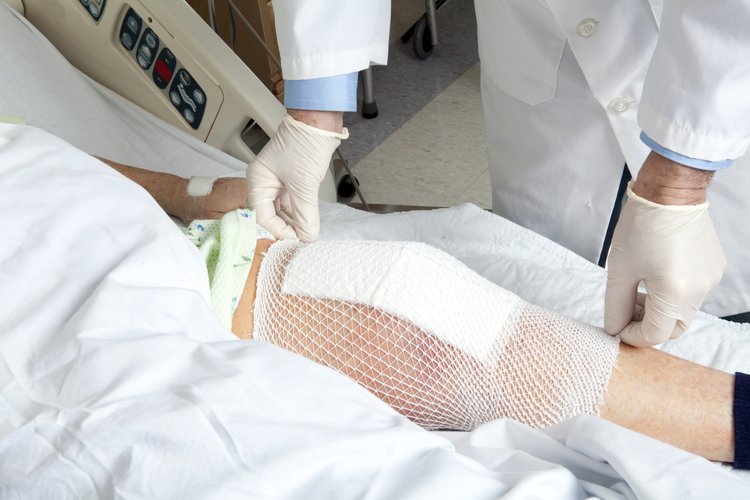Infection
Ground-Breaking Medical Device Coating Technology Eliminates Implant-Associated Infections
Image: The antimicrobial coating can be incorporated into medical devices and implants to prevent infection (Photo courtesy of SafeCoat)
Infections associated with medical devices account for a quarter of all healthcare-related infections. They present a significant challenge for treatment using traditional antibiotics due to the growth and adherence of bacterial biofilms on the device’s surface. Catheters, especially central venous catheters (CVCs), are often implicated in severe infections, accounting for about 90% of catheter-induced serious infections. These infections not only pose grave health risks to patients but also result in high costs for hospitals, with the cost per infection estimated in the thousands of US dollars, pushing the annual expense for caring for these patients to billions. Now, a ground-breaking medical device coating technology has the potential to act as a ‘silver bullet’ by eliminating bacteria and preventing infection in patients with implanted medical devices.
Asep Inc. (Vancouver, BC, Canada) has secured an exclusive global licensing agreement with the University of British Columbia (UBC, Vancouver, BC, Canada) via its recently acquired subsidiary, SafeCoat Medical Inc. (Victoria, BC, Canada). The agreement grants Asep the rights to use, develop, and commercialize the innovative medical device coating technology. This technology combines two critical elements to combat device-related infections that inflate patient costs and necessitate device replacement. The coating features an antimicrobial peptide conjugated to the device’s surface to eliminate bacteria while anti-fouling self-assembling polymers prevent dead bacteria from sticking to the device surface and masking the killing effect. The coating technology can be applied to a wide range of surfaces, such as glass, plastic, and titanium, and used on surgical implants, catheters, pacemakers, stents, prosthetic limbs and organs, and contact lenses. The feasibility of this technology has been demonstrated in animal models.
“We are excited to take this promising new technology forward through SafeCoat Medical and the exclusive worldwide license from UBC,” said Tim Murphy, Asep Inc.’s Chief Operating Officer. “We anticipate that this transaction will create significant new market opportunities as we tackle the problem of maintaining sterile surfaces on medical devices and implants.”
Related Links:
Asep Inc.
University of British Columbia
SafeCoat Medical Inc.

